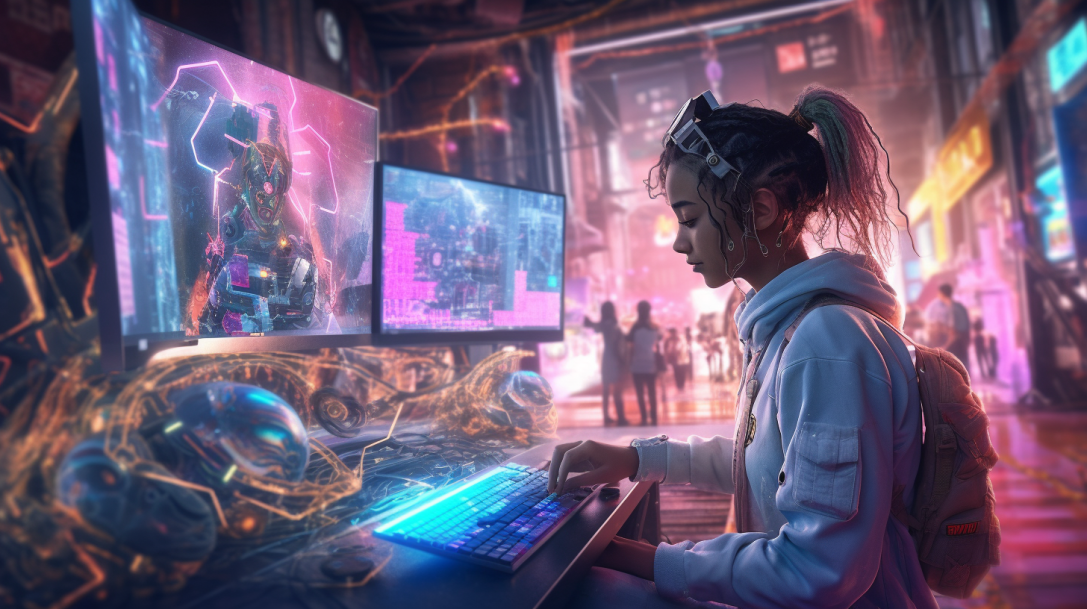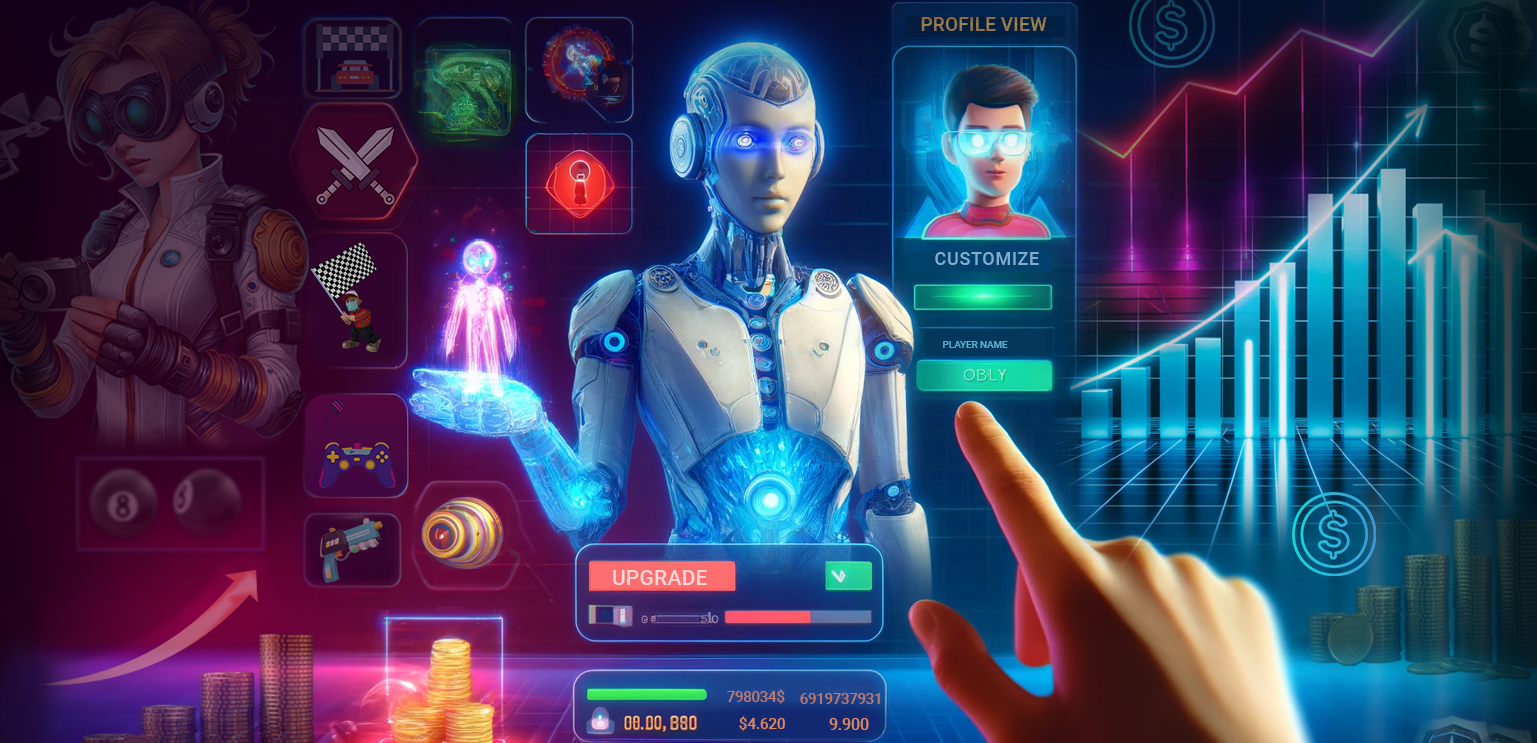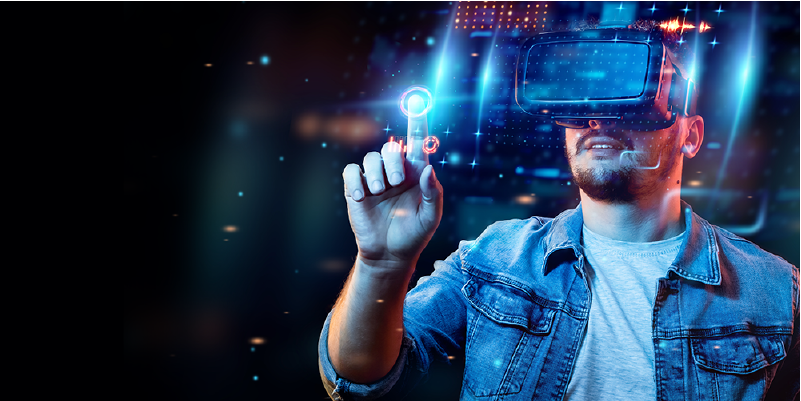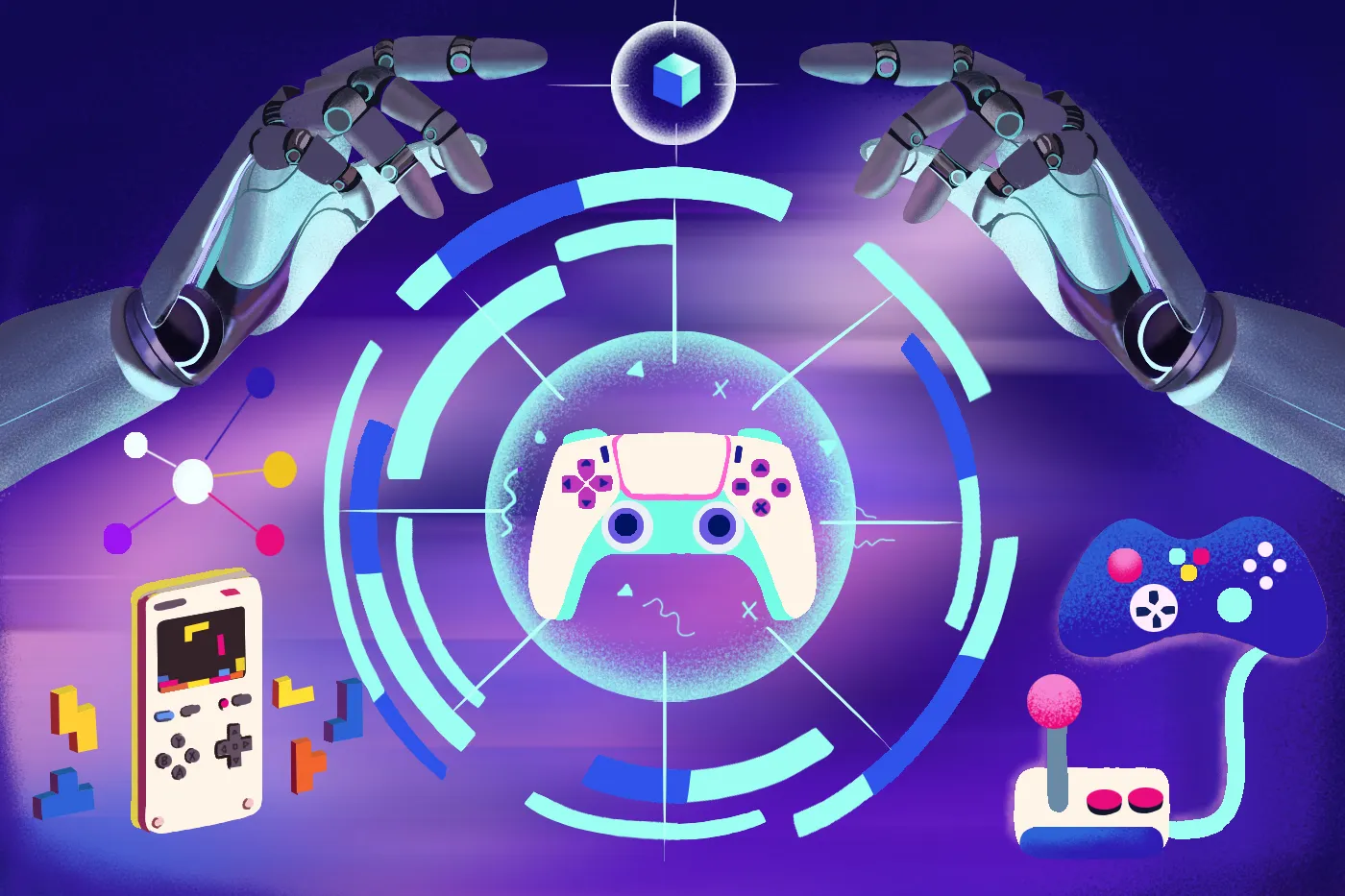Artificial Intelligence (AI) has revolutionized the gaming industry, creating more immersive, responsive, and challenging experiences. However, despite its benefits, AI in gaming also presents several limitations and concerns that impact players, developers, and the gaming ecosystem.
What Are the Drawbacks of AI in Gaming?
AI in gaming typically refers to the use of algorithms to control non-player characters (NPCs), generate game environments, or personalize gameplay experiences. While AI can make games smarter and more adaptive, it also introduces issues related to fairness, development complexity, and player satisfaction.
Key Drawbacks of AI in Gaming
Predictability Over Time
Many game AI systems follow scripted patterns or have limited adaptability. Once players recognize these patterns, the game can become predictable and lose its challenge, reducing long-term engagement and replay value.
Unfair Difficulty Spikes
Poorly balanced AI can lead to frustrating gameplay. In some cases, AI opponents may seem “unbeatable” due to unfair advantages like perfect accuracy or instant reactions that human players can’t match, leading to a negative user experience.
Increased Development Complexity
Building sophisticated AI systems requires extensive time, resources, and specialized expertise. This can significantly increase development costs and timelines, especially for smaller studios with limited budgets.
Ethical Concerns and Manipulation
AI can be used to manipulate player behavior, especially in games that employ AI-driven microtransactions, dynamic pricing, or addictive design patterns. There is a growing concern about AI being used to exploit players for profit rather than to enhance their experience.
Lack of True Creativity
While AI can simulate intelligence and adapt to certain scenarios, it lacks genuine creativity and emotional understanding. AI-generated game content may sometimes feel repetitive, shallow, or lack the depth that comes from human design.
Potential for Bias and Stereotyping
If AI models are trained on biased datasets or designed without cultural sensitivity, they can unintentionally reinforce stereotypes or create exclusionary gameplay experiences.
Resource Intensive
Advanced AI algorithms can demand significant processing power, potentially affecting game performance, especially on lower-end devices. This can limit accessibility for players with less powerful hardware.
Conclusion
AI is an integral part of modern gaming, enhancing gameplay with smarter opponents, dynamic worlds, and personalized experiences. However, it comes with drawbacks like predictability, unfair advantages, development challenges, and ethical concerns. Game developers must balance the power of AI with thoughtful design, fairness, and creativity to ensure that AI enhances the gaming experience without compromising player enjoyment or ethical responsibility.







Leave feedback about this